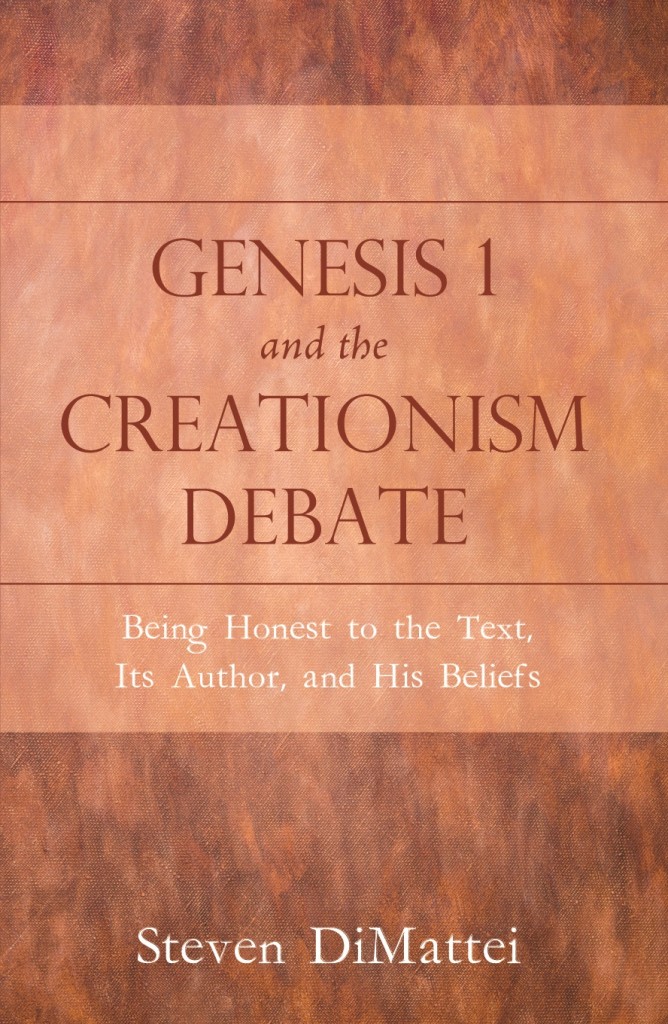A Different Edom?
Everyone knows that when the Israelites asked for food and water from the Edomites, the Israelites’ brothers from the line of Esau, and permission to pass through their country that they were denied those things and forced to pass around Edom. So I was startled yet again to learn that apparently Moses had forgotten these things too! Here is what Moses says about the whole affair:
And we turned and traveled into the wilderness by way of the Red Sea as Yahweh spoke to me, and we skirted Mount Seir for many days.
Then Yahweh said to me: “You have skirted this mountain long enough. Turn north, and command the people saying, ‘You are to pass through the territory of your brothers, the children of Esau, who live in Seir. And they will be afraid of you, so be very watchful. Do not agitate them, for I … Read more






